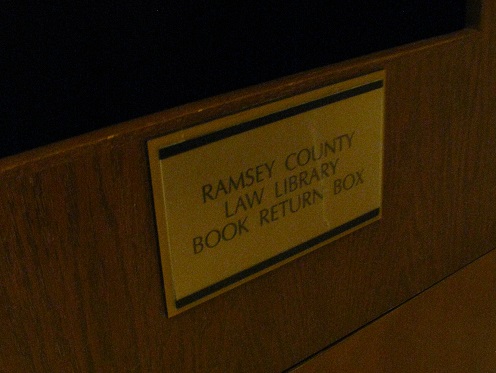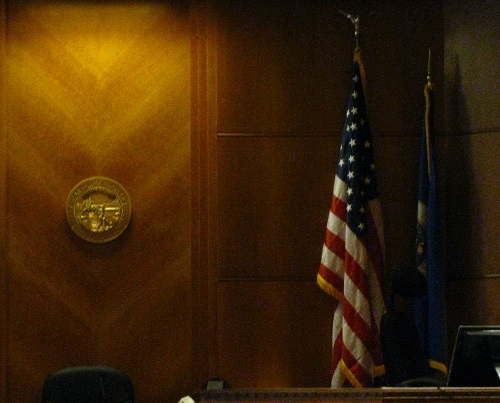 The U.S. Supreme Court is currently shining its legal beam on the practice of peremptorily striking potential jurors from panels due to race. This practice doesn’t openly happen in our modern courts, of course, due to the Court’s race-neutral mandate per its 1986 decision in Batson v. Kentucky (476 U.S. 79). In Batson, the Court held that the Equal Protection Clause forbids prosecutors from challenging potential solely on race, and that prosecutors could be required to provide a race-neutral explanation when using a peremptory challenge to strike potential black jurors. It is because of Batson that Minnesota has a three-step process to analyze whether a peremptory challenge was racially motivated. (See Minn.Rules.Crim.Pro 26.02 for jury selection requirements in criminal cases, and the allotment of preremptory strikes and challenges to peremptory strikes related to race or gender.)
The U.S. Supreme Court is currently shining its legal beam on the practice of peremptorily striking potential jurors from panels due to race. This practice doesn’t openly happen in our modern courts, of course, due to the Court’s race-neutral mandate per its 1986 decision in Batson v. Kentucky (476 U.S. 79). In Batson, the Court held that the Equal Protection Clause forbids prosecutors from challenging potential solely on race, and that prosecutors could be required to provide a race-neutral explanation when using a peremptory challenge to strike potential black jurors. It is because of Batson that Minnesota has a three-step process to analyze whether a peremptory challenge was racially motivated. (See Minn.Rules.Crim.Pro 26.02 for jury selection requirements in criminal cases, and the allotment of preremptory strikes and challenges to peremptory strikes related to race or gender.)
Despite Batson, peremptorily striking black jurors is still shockingly common. The current case of Foster v. Chatman features a death-row plaintiff who could win a new trial nearly twenty eight years after his original sentence. Timothy Tyrone Foster was sentenced to death by an all-white Georgia jury in 1987 for the murder of an elderly white woman, after all the potential black jurors had been stricken from the panel. The prosecution’s original jury selection notes from Foster’s sentencing have become the attention-grabbing exhibit in this case, featuring color-coded highlights with blatantly race-specific distinctions. None of the Supreme Court justices has seemed pleased by this evidence, nor with explanations offered by the defense. But prosecutors aren’t the only attorneys guilty of this practice, and they are likely not the only players behind a similar jury for a very different case currently being tried in Oklahoma. Former police officer Daniel Holtzclaw is on trial for the sexual assault of thirteen black women while he was on duty. For his alleged crime, Holtzclaw is being tried by an all-white jury of mostly men. (Similar to the race issue, it wasn’t so long ago that some courts needed a Supreme Court mandate to get women on their juries.)
Obviously, race is factor which inevitably bears on personal experiences, and can thus shape the way a potential juror might view the criminal justice system. It’s no surprise that attorneys might try to racially-customize a jury, which is why Batson was necessary. It has been asserted that the only solution to this race-bias danger is to eliminate the peremptory challenge practice in jury selection. Yet peremptory challenges and its role in jury selection are a time-honored legal strategy of our justice system dating back to the common law. (Indeed, we offer resources in our library specifically on jury selection.) Given this tradition and the demonstrated inadequacy of Batson, what is the real-world solution needed to ensure fair trials? How likely is it to come from the Supreme Court as it considers the Foster case?









